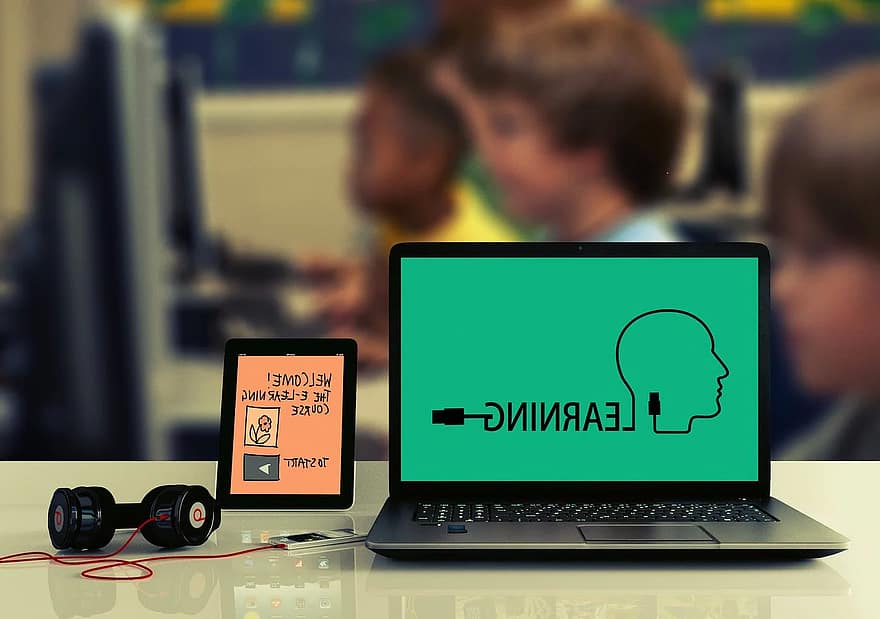Learning online requires a lot of skill and those skills might require some practice and strengthening after a long summer and challenging times. Distancing learning gets even more complicated when a developmental disability exists, causing parents concern and worry about how best to support their students who are home learning. Schools are still providing supports for students and it is important to inquire and discuss what is available within your district, especially if there are any changes to an existing IEP or 504 plan. Terry Heick, a writer for teachthought.com, provided the following tips for parents who are helping at home and emphasized that a parent’s job is not to teach but to help.
- Set and keep a schedule.
- Make sure they have all of the materials necessary to complete assignments.
- Provide an environment conducive to learning.
- Create a daily plan
- Read more tips on teachthought.com.
Below are some more resources that our providers and families have found helpful in encouraging their children who are learning remotely. Please leave us a comment or email us at [email protected] if you know if other resources in your area or online for supporting students.
It is common for students and parents to be experiencing a higher level of stress, anxiety, sadness, or depression as a consequence of losing the security of our traditions, routines, schedules, and even our physical safety. Students are sad and disappointed about missing out on important memories and anticipated events and lacking the social connections that typically come with the start of a new school year. Struggling with remote learning and fear of not succeeding at school is another factor that contributes to poor mental well-being for students and can impact the entire family at home. BRAINS offers outpatient counseling for all ages and our multidisciplinary team can address concerns such as communication needs at all levels including language comprehension and expression, articulation, social communication, sensory regulation, fine motor functioning, and daily living skills. Call us at 616-365-8920 to learn more about our services, schedule your first appointment, or discuss your child’s development with our Speech & Language Pathologist or Occupational Therapist who provide free phone consultations.
- COVID-19 and At-Home Learning
- Modifying an IEP or 504 for Distance or Hybrid Learning
- Managing Students’ Behavior During Remote or Hybrid Learning
- School Success Kit for Kids With Sensory Processing Issues
- School Success Kit for Kids With ADHD
- How to Help Kids With Working Memory Issues
- Helping Kids Who Struggle With Executive Functions
- Smart Parent Advice- 15 Visual Memory Games and Activities for Kids
- EnCourage Institute For Teaching and Learning
- Kent ISD Remote Learning Resources
- Digital Home School Resources
- Virtual School and Working Parents Ways to Make it Work
- Positive Behavior Support Systems in a Virtual Environment
- Special Education in Online and Virtual School Programs
- Parents as Teachers.org
- Michigan Virtual Parent Guide
- Tips from a Virtual Teacher to Parents
